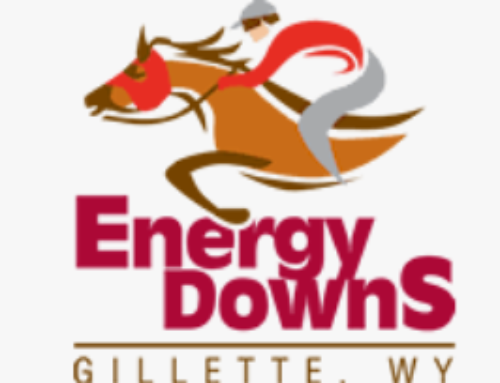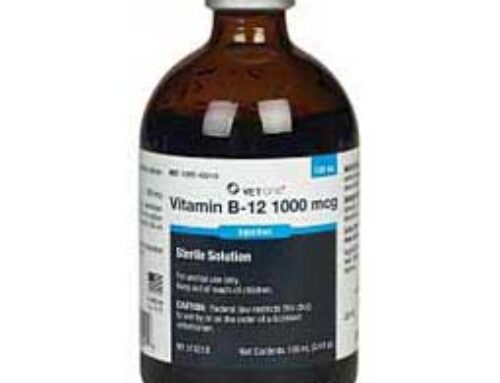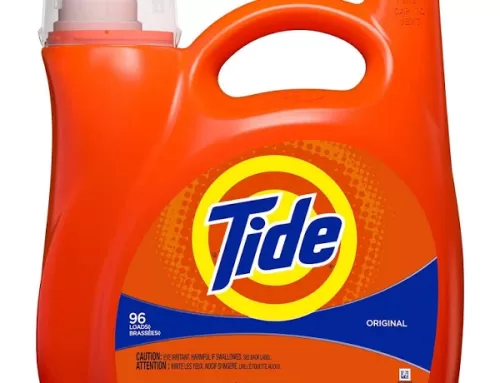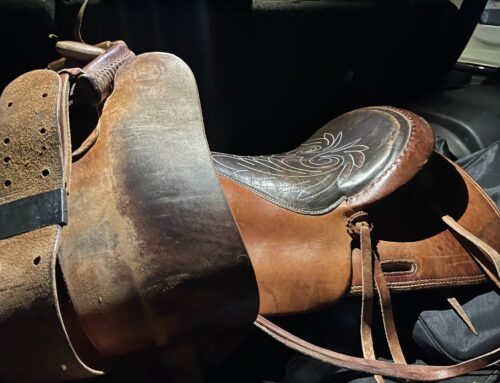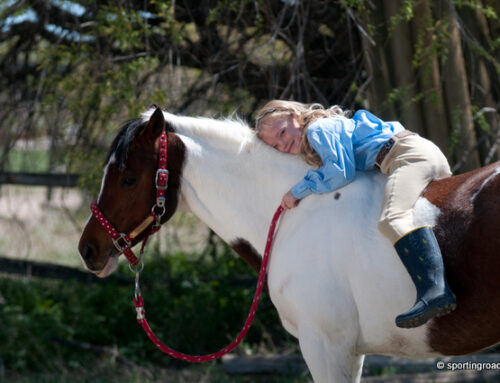The Truth About Bran
Dr. Jessica Dunbar, Littleton Large Animal Clinic, as previously featured in the Arapahoe Hunt Hunting Horn
Some horse owners commonly use bran mashes (wheat bran) as a supplement feed for their horses. Bran is known for its high fiber content, but most of it is indigestible plant fiber including cell-wall lignan, cellulose and hemicellulose.[1] Used indiscriminately, wheat bran may cause mineral imbalances contributing to orthopedic problems, as well as digestive upset. Horses require more calcium in their diet than phosphorous. Bran provides approximately ten times the amount of phosphorus over calcium. [2][3] If used regulars, the excessive phosphorus will cause the body to take calcium from the bones, weakening the bone structure. This may lead to Nutritional Secondary Hyperparathyroidism or “Big Head Disease”.[4][5] Bran Ingested at less than 10% of the diet is safe.3
Some horse owners believe a bran mash can have a laxative effect or offers a way to rehydrate your horse after a trailer ride or long workout. In truth, bran fed infrequently represents a sudden change in the diet for gut microbes and may lead to mild gastrointestinal upset resulting and watery manure (diarrhea).1
Bran may be a way to encourage finicky eaters to eat and horses certainly enjoy the occasional mash, but simply be aware of the side effects of what bran fed at more than 10% of the diet. Smaller individual pre-packaged bran mashes are available so that owners need not buy bran in bulk.4 A healthy alternative to a wheat bran mash is Equine Senior. Warm water can be added to “senior” feed pellets to make a mash.
[1] Kreitler, Bonnie. Rich, Ginger. Feeding Bran. www.animalnetwork.com. 2006.
[2] Ralston, Sarah L. Nutrition of Horses and After Surgery. The Veterinarian’s Practical Reference to Equine Nutrition. St ed. USA: Purina Mills, 1997, 133.
[3] Breuer, Les. Feed Ingredients and Ration Formulation. Basic Equine Nutrition and its Physiologic Function. 1St ed. USA: Purina Mills, 1997, 67.
[4] Horse Treasures “Ready Mash”, www.HorseTreasures.com.
[5] Equus Editors. Should You Feed Bran Mash. Equus. 2005.
Written by Dr. Jessica Dunbar of Littleton Large Animal Clinic, November, 2006


